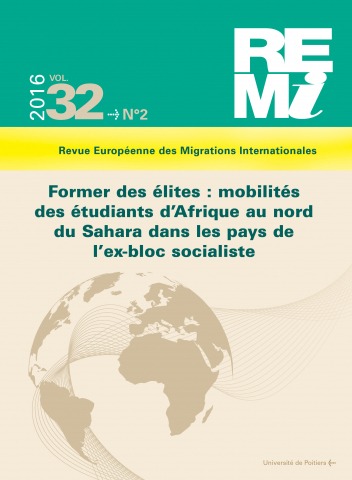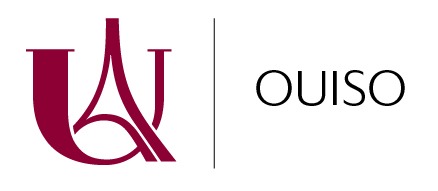La guerre sahraouie-marocaine (1975-1991) a une forte inscription régionale – la lutte pour le leadership de la région maghrébine entre le Maroc et l’Algérie – et internationale – les tensions et les conflits qui prolifèrent dans l’ombre de la Guerre froide. Ce scénario influence le conflit dans le Sahara Occidental, mais aussi le projet d’émancipation sociale et politique mis en place par le mouvement de libération nationale sahraoui, qui vise la constitution d’un État issu du processus de décolonisation.

© 2016, Revue européenne des migrations internationales (Vol. 32, N°2)
Ce projet a un fort impact sur la population sahraouie, particulièrement au sein de la génération la plus jeune, née peu avant la guerre. Dépositaires des efforts de leurs parents, les jeunes sahraouis participent largement du projet émancipatoire. Des milliers d’enfants sahraouis sortent des camps de réfugiés, depuis la seconde moitié des années 1970. Ils se rendent dans les pays maghrébins, latino-américains et en Europe de l’Est, avec lesquels les autorités sahraouies avaient conclu des accords en matière d’éducation. Cuba joue un rôle très important, car sa politique internationaliste en Afrique permet l’accueil et la formation de plusieurs milliers de ces jeunes. Le blocage politique du conflit après la signature du plan de paix en 1991, pousse cette génération à migrer. Ces jeunes deviennent le fer de lance d’une naissante migration économique vers l’Espagne brisant leurs rêves et le rôle principal qu’ils étaient destinés à accomplir dans le futur État sahraoui.
- Titre : La génération sahraouie de la guerre : des études à Cuba à la migration économique en Espagne
- Auteur : Carmen Gomez Martin
- Éditeur : Revue Européenne des Migrations Internationales 32(2)
- Date de publication : 2016
- Pages : 77 – 94
- DOI : https://doi.org/10.4000/remi.7803
